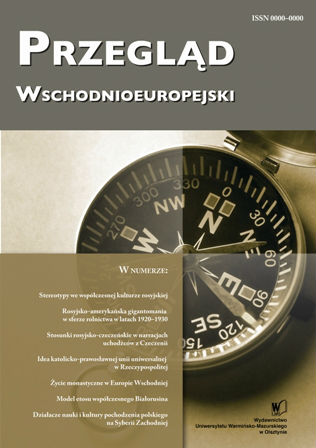Теория и методы лингвокультурологического изучения фразеологии
Theory and methods of the linguoculturological study of phraseology
Author(s): Irina ZykovaSubject(s): Language and Literature Studies
Published by: Wydawnictwo Uniwersytetu Warmińsko-Mazurskiego w Olsztynie
Keywords: phraseological meaning; intersemiotic transposition; macro-metaphorical conceptual model; phraseological creativity; cultural information
Summary/Abstract: The paper dwells on the key linguoculturological problem in phraseology of how phraseologisms are formed in the language system as signs capable of transmitting the cultural information. The research offers a new linguoculturological theory of the phraseological meaning and two original methods that have been elaborated on the material of more than 2000 English phraseologisms describing verbal communication. The first method, i.e. the method of the linguoculturological reconstruction, helps to arrive at the eleven macro-meta¬phorical conceptual models that are formed as a result of the intersemiotic transposition and serve as the conceptual foundations of the meanings of all the English phraseologisms under analysis. Owing to their creative potential these models generate not only the base-forms of the phraseologisms in question but also their modified forms in discourse. The second me¬thod, i.e. the method of the linguoculturological decoding of cultural information, helps to prove that the phraseological meaning can accumulate a significant extent of cultural information. According to the data obtained, due to the macro-metaphorical conceptual models the meanings of all the English phraseologisms under analysis can retain and transmit such main types of cultural information as emotional, ethical and aesthetical information, archetypal, mythological, religious, philosophical and scientific information.
Journal: Przegląd Wschodnioeuropejski
- Issue Year: VI/2015
- Issue No: 1
- Page Range: 181-195
- Page Count: 14
- Language: Russian

